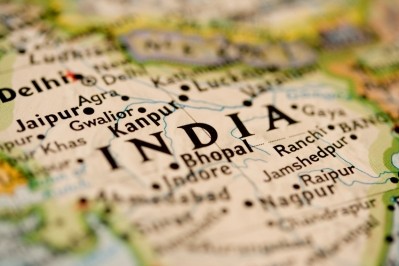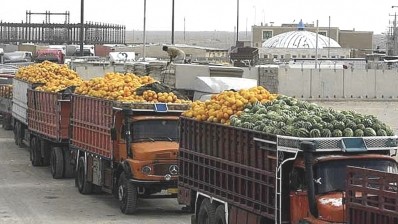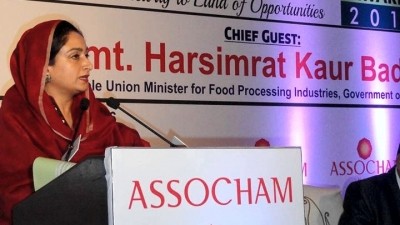India’s ‘inconsistent’ regulator deals blow to food manufacturers

Speaking at a conference organised by Ficci, which represents the country’s chambers of commerce, food processing minister Harsimrat Kaur Badal said that ministries were “taking necessary steps” to encourage the food regulator to make it easier for companies to gain product approvals.
The regulator has sought public opinion on some 11,500 ingredients, with a deadline for comments slated for later this month, after it was censured by law lords in August.
On that occasion, the Supreme Court called the FSSAI’s policy to rubber-stamp products, even if the ingredients they contained had already been approved or deemed safe, “arbitrary and illegal”.
"So, instead of product approval now, there will be ingredients which are approved and you can go ahead with your innovation and production of the products. This is to harmonise with international standards," said Badal.
However, the regulator has indicated that it would reintroduce the system of pre-launch product approvals, Business Standard has highlighted in an editorial, saying the FSSAI had “dealt a blow” to food manufacturers.
The column was in response to criticism last month by the Indian Drug Manufacturers Association, which claimed that the regulator had stated it “will soon use the legal route to reintroduce the system of pre-approving final product via regulations”.
“The uncertainty and confusion over this issue resurfaced with the FSSAI declaring that even while respecting the court's decree over its advisories, it will come up with new regulations to revive the approval procedure,” the paper wrote.
“This has turned prospective investors—both domestic and foreign—wary of committing resources in this sector.”
Meanwhile, while addressing the Ficci conference, Badal said that India’s processed food segment required government support if it was to grow in line with its potential.
For this to happen, the government would need to implement a demand-driven policy on food and big reforms such as GST, as well as improve poor post-harvest infrastructure leading to high levels of wastage. It also needed to address insufficient soft infrastructure like R&D capabilities and skilled manpower.
Grass-roots entrepreneurship was needed to empower farmers to develop sustainable growth in food production, she said, while a need for skilled manpower would further push the workforce towards gaining required skills.












